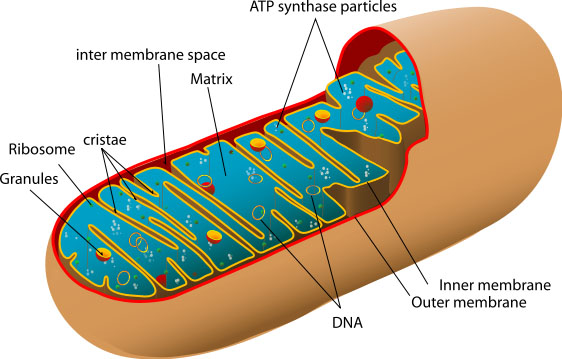
(image from UMDF.org)
The United Mitochondrial Disease Foundation conference was in Alexandria VA., next door to Washington DC. Last year it was in Seattle and I brought Rhia to meet other people with “Mito”. This year, I went on my own. I was scheduled to give two talks about vision loss and spend a day advocating for health care in Washington DC. There was no way I could be Rhia’s caregiver and interpreter and teach and advocate. And last time I missed most of the talks about mitochondrial disease because I was busy helping Rhia meet other people. This time I was going for me.
I wanted to learn and meet other family members. Rhia has been declining both physically and mentally this year and I wanted to see if there was any new information to help her.
There wasn’t.
Without a specific diagnosis of a specific mitochondrial disease, there is very little anyone can do.
A lot of people with Mitochondrial disease know exactly what type they have, down to the specific genes affected. Leigh’s disease, PDCD/PDH, MELAS, Luft Disease, and 40 other types of Mitochondrial disease have been identified. There isn’t a cure, but there are treatments to help with symptoms and a frame work for what to expect. People at the conference tend to get together into “mito” groups, bonding over their diagnosis and outcomes, comparing doctors and treatments, and sharing ideas about coping.
But without a diagnosis, who do you bond with? You spend time with other people who are just as lost as you and who also have no idea what to expect or who to turn to. We are a mystery. We gather with other mysteries and quickly run out of things to discuss. We hear the latest study on possible treatments for a identified mitochondrial diseases and wonder how many years it will take for the experts to figure out what we have. Which gene, or multiple genes, are affected? How long do we have to live? I met parents just as scared and hopeful as I, but when they asked how my daughter was doing I was honest.
“She’s in a decline.”
They looked at me with sympathy, but quickly moved away. They didn’t come there to hear sad stories, they came to the conference looking for hope. So did I, but unfortunately I didn’t find it.
Instead I focused on the two talks I was giving at the conference, one to people with vision loss and the other to the larger assembly of attendees. If I couldn’t find hope for myself or my daughter, maybe I could help others find it for their own loved ones.
I’ll post about my experience as a speaker next time.

Leave a comment